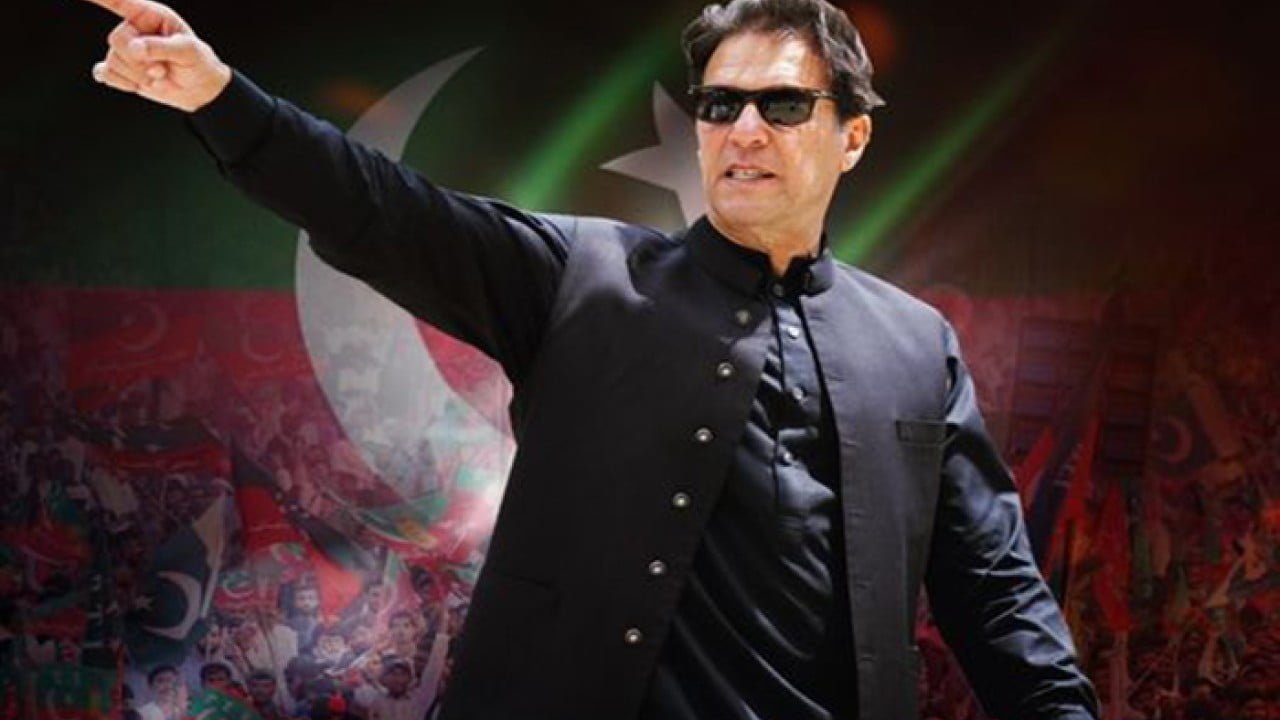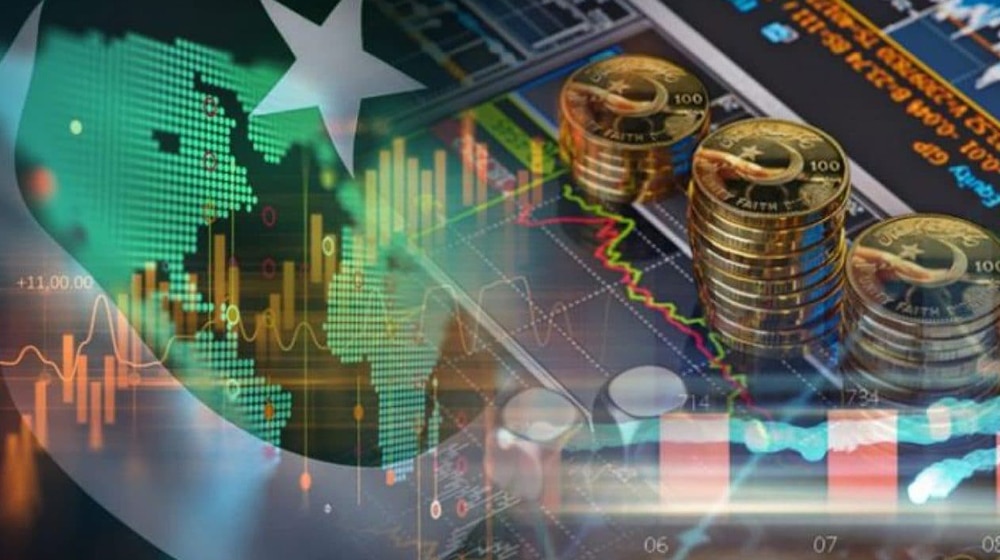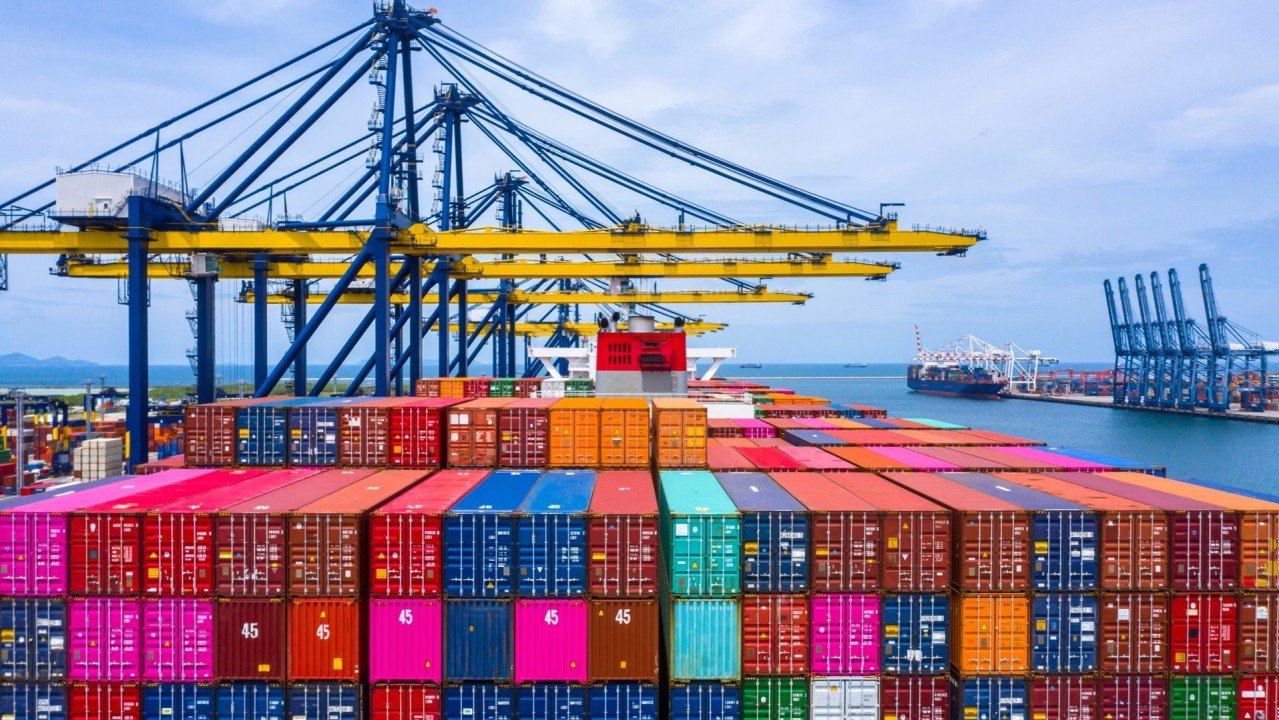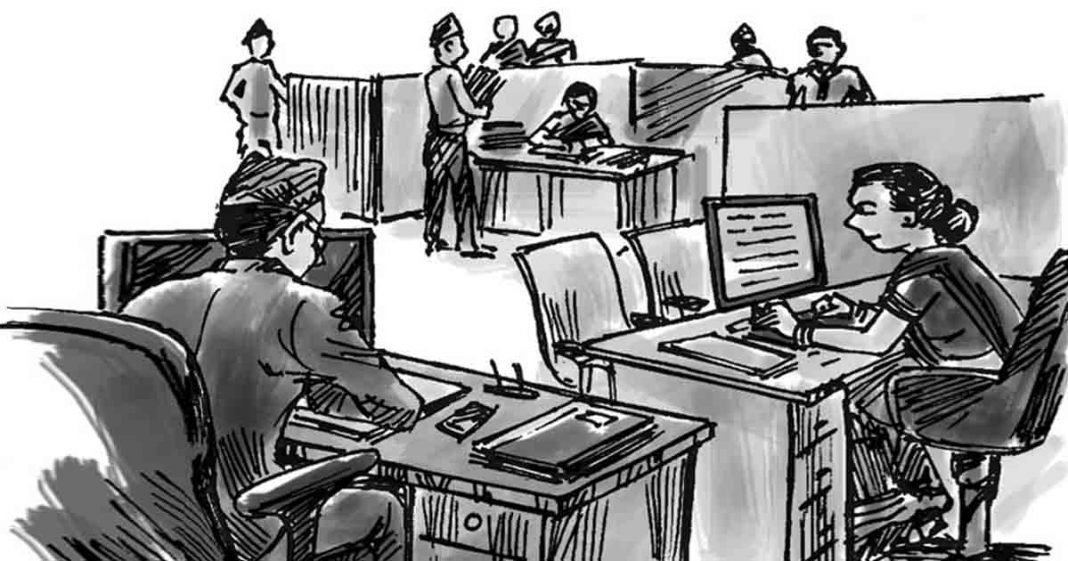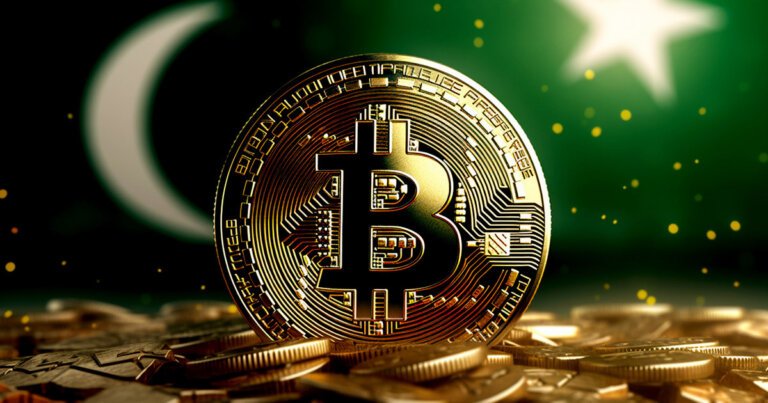Mudassir Rizwan
The ongoing political impasse between the Pakistan Tehreek-e-Insaf (PTI) and the coalition government remains unresolved, creating an increasingly frustrating and stagnant environment. Despite initial hopes for reconciliation, the talks have faltered, with a key obstacle being Imran Khan’s limited communication with his party’s negotiation committee. This restricted communication has not only become a point of contention but has also raised questions about the PTI’s commitment to meaningful dialogue. Khan’s public condemnation of social media propaganda against Arab countries, in an apparent attempt to distance his party from controversy, only highlights the broader issue of the PTI’s failure to streamline its negotiation strategy. The uncontrolled nature of its social media apparatus further complicates an already delicate situation, casting doubt on whether the PTI genuinely wants to engage in constructive talks.
One of the primary challenges in the negotiations is the PTI’s demand for unrestricted access to Imran Khan, arguing that monitored meetings compromise the confidentiality of their discussions. However, the government has rejected this demand, citing jail regulations that prevent such freedoms. This stalemate is further compounded by National Assembly Speaker Ayaz Sadiq’s absence during key moments, delaying progress and causing frustration on both sides. The PTI’s negotiation committee, despite being formed over a month ago, has been criticized for its lack of preparation and failure to finalize its charter of demands. The delay in submitting these demands in writing has turned a simple procedural step into another stumbling block, complicating what should be a straightforward process. The government’s insistence on receiving written demands and the PTI’s hesitancy to comply have deepened the mistrust between both parties.
The PTI’s primary demands have focused on two issues: the release of political prisoners and a judicial investigation into the events of May 9 and November 26. While these are central to the PTI’s position, the government has dismissed them as excessive, portraying them as unreasonable conditions. This has fueled accusations of insincerity from both sides, damaging the credibility of the negotiation process. The government’s reluctance to engage in good faith has made it harder to break the deadlock. This prolonged deadlock is not only a political issue; it is a national crisis that affects Pakistan’s governance and democratic integrity. Public frustration with the ongoing dysfunction is mounting, and the longer this impasse continues, the more disillusioned the people become.
For negotiations to succeed, both sides need to show genuine commitment to dialogue and compromise. The PTI must streamline its internal processes, address its rogue social media factions, and adopt a more pragmatic approach to discussions. At the same time, the government must acknowledge the urgency of the talks, taking tangible steps to resolve the access issue regarding Imran Khan. Ultimately, the stability and future of Pakistan’s fragile democracy depend on the ability of its political leaders to set aside personal differences and work for the country’s greater good. If both sides continue to dig in their heels, this impasse will only deepen, leaving the nation to bear the cost of this unresolved political crisis.



